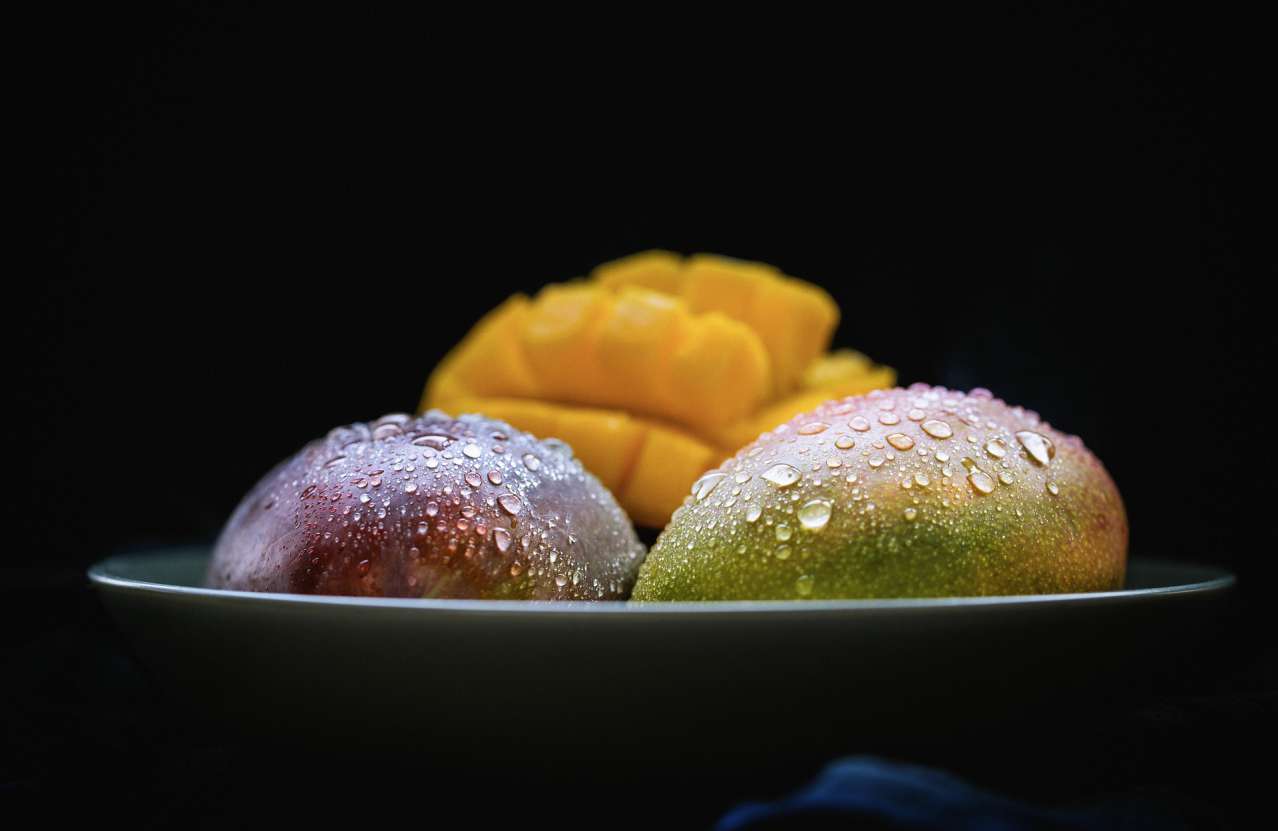Mango: All About Tropical Fruit Benefits
The fruit is sweet, with a slight sourness, reminiscent of a mixture of peach and pineapple. The pulp is juicy, fibrous, fragrant.
The fibrous structure, high content of vitamins and valuable trace elements make them very beneficial for health.
Mango benefits
Mango is rich in vitamins B, C, A, E, as well as magnesium, calcium, iron and zinc.
Regular consumption of the fruit will help take care of the heart, improve the health of the eyes and hair, and strengthen the immune system.
Scientists recommend that mango be included in the diet if there is no allergy to the fruit.
The fruits have an anti-inflammatory effect.

They are included in the diet for kidney disease. The antiseptic properties of mango allow it to be used to prevent gum disease. Fruits help relieve pain and reduce body temperature.
Mango helps eliminate cramps and pain in the abdomen, cleanse the intestines.
One medium-sized fruit with a frequency of taking just a few times a week will make you forget about symptoms such as bloating, flatulence and heartburn
How many mangoes can you eat per day
It is not recommended to eat more than one (or two small) mangoes per day, it is better to stretch the pleasure for several days.
An overdose can lead an unprepared body to constipation and even fever.
